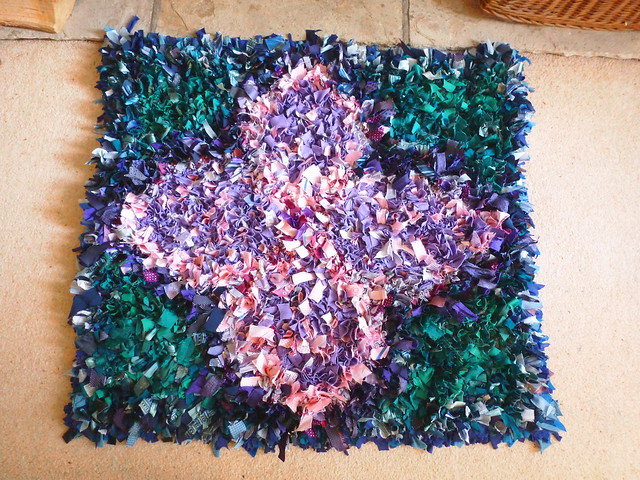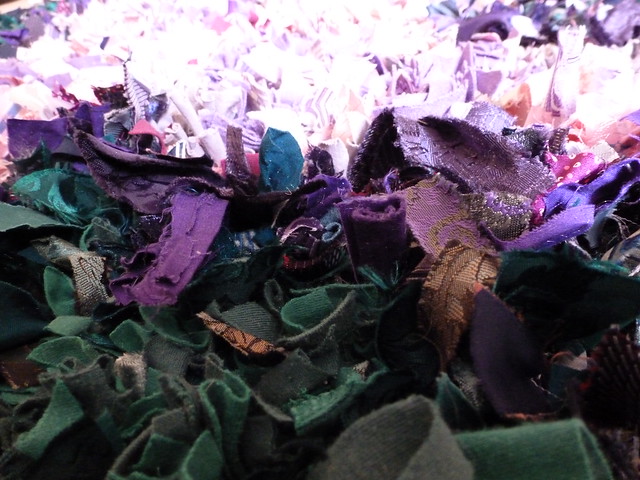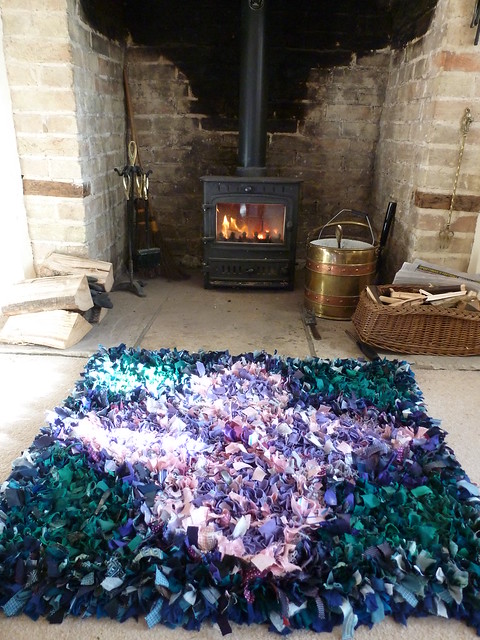"This is a paradox from an evolutionary perspective," says Paul Vasey from the University of Lethbridge in Canada. "How can a trait like male homosexuality, which has a genetic component, persist over evolutionary time if the individuals that carry the genes associated with that trait are not reproducing?"In other words, there is an argument that goes:
- Men whose sexual behaviour is largely or exclusively homosexual are less likely to have children.
- If traits are genetic, they are passed down by people having children.
- Therefore, homosexuality cannot have a genetic element.
And yet there is strong evidence that sexual orientation is largely innate, homosexuality is evident even in societies where there is deadly pressure to conform and homosexual behaviour is seen throughout nature. What can it all mean?!
It benefits scientists and universities, who really ought to know better, to keep talking about, giving interviews and publishing papers on this alleged paradox, because it is a controversial and salacious subject. Oooh, sex! Oooh, controversy! Oooh, mystery!
And thus you get nonsense like the Gay Uncle Hypothesis - the idea that the presence of childless adult men* in the extended family was of evolutionary advantage to that family's genes. In other words, gay men exist to babysit and mentor the children of their straight brothers (though not their sisters, particularly). Some (usually straight) people like this theory, because it justifies the existence of gay folk and renders their difference a practical advantage to the normals. It's perhaps one step up from the argument gay men exist because musical theatre was crucial to keeping warm and cheerful throughout the the last Ice Age (some may scoff - my gut says it was).
And thus you get nonsense like the Gay Uncle Hypothesis - the idea that the presence of childless adult men* in the extended family was of evolutionary advantage to that family's genes. In other words, gay men exist to babysit and mentor the children of their straight brothers (though not their sisters, particularly). Some (usually straight) people like this theory, because it justifies the existence of gay folk and renders their difference a practical advantage to the normals. It's perhaps one step up from the argument gay men exist because musical theatre was crucial to keeping warm and cheerful throughout the the last Ice Age (some may scoff - my gut says it was).
But there is no paradox. Let's frame our syllogism with a slightly different example:
- People with Down Syndrome are less likely to have children. They are less likely to survive far into adulthood and, on average, they have some disadvantage when it comes to sexual selection and child-raising.
- If traits are genetic, they are passed down by people having children.
- Therefore, Down Syndrome cannot have a genetic element.
Down Syndrome, as we know, is straightforwardly genetic, caused by an extra copy of chromosome 21. Yet it is rarely asked why people with Down Syndrome should still be being born after millions of years of human evolution. Why? The subject is not sexy and, although there's no shortage of discrimination against people with Down Syndrome, nobody suggests it involves choice on the part of the individual (their mother, maybe, but not them).
Of course, as with many genetic disorders and human traits that we don't happen to call "disorders", this mutation usually occurs spontaneously or else trickles down in families where the vast majority of people don't have this trait. It happens because it happens, because DNA must mutate in order for organisms to adapt and evolve.
Mutation is a good thing in terms of species survival, but it is entirely random. The fact that one mutation can create a dynastic dead-end for one individual in one set of circumstances doesn't stop this kind of mutation from occurring. Virus strains can - and often do - mutate to become less contagious.
People with Down Syndrome are much less vulnerable to some sorts of cancers. Maybe that means the condition plays or has played some sort of as yet unseen beneficial role within families?
Neither homosexuality or bisexuality appear to be entirely genetic; these traits are undoubtedly a special combination of genes (probably multiple genes), in utero hormonal events and other environmental influences. But maybe something about sexualities which make having children less likely (and in this we must include heterosexual trans people, asexual people, bisexuals in same gender partnerships and anyone disinclined towards PIV sex) has some overarching benefit on a family's chances of survival? Or maybe not.
And so what if it doesn't? Does this justify homophobia? Would or should it even matter if these were conscious choices that individuals made about the life they wanted to live?
There are far more questions than answers about evolution and the vast range of sexual behaviour in humans and other animals. The framing of one harmless, relatively common and naturally-occurring deviation as a mystery is unhelpful, both in terms of the public understanding of science and our ongoing struggle towards social justice.
* Lesbians and bisexual women are still largely side-lined in research into sexual orientation. We know all kinds of strange trivia about gay men's fingers and how their hair typically whorls clockwise (or is it anti-clockwise? I think it matters enough to forget). but nearly nothing about lesbian eyebrows, for example. I may apply for a grant.
Of course, as with many genetic disorders and human traits that we don't happen to call "disorders", this mutation usually occurs spontaneously or else trickles down in families where the vast majority of people don't have this trait. It happens because it happens, because DNA must mutate in order for organisms to adapt and evolve.
Mutation is a good thing in terms of species survival, but it is entirely random. The fact that one mutation can create a dynastic dead-end for one individual in one set of circumstances doesn't stop this kind of mutation from occurring. Virus strains can - and often do - mutate to become less contagious.
People with Down Syndrome are much less vulnerable to some sorts of cancers. Maybe that means the condition plays or has played some sort of as yet unseen beneficial role within families?
Neither homosexuality or bisexuality appear to be entirely genetic; these traits are undoubtedly a special combination of genes (probably multiple genes), in utero hormonal events and other environmental influences. But maybe something about sexualities which make having children less likely (and in this we must include heterosexual trans people, asexual people, bisexuals in same gender partnerships and anyone disinclined towards PIV sex) has some overarching benefit on a family's chances of survival? Or maybe not.
And so what if it doesn't? Does this justify homophobia? Would or should it even matter if these were conscious choices that individuals made about the life they wanted to live?
There are far more questions than answers about evolution and the vast range of sexual behaviour in humans and other animals. The framing of one harmless, relatively common and naturally-occurring deviation as a mystery is unhelpful, both in terms of the public understanding of science and our ongoing struggle towards social justice.
* Lesbians and bisexual women are still largely side-lined in research into sexual orientation. We know all kinds of strange trivia about gay men's fingers and how their hair typically whorls clockwise (or is it anti-clockwise? I think it matters enough to forget). but nearly nothing about lesbian eyebrows, for example. I may apply for a grant.



